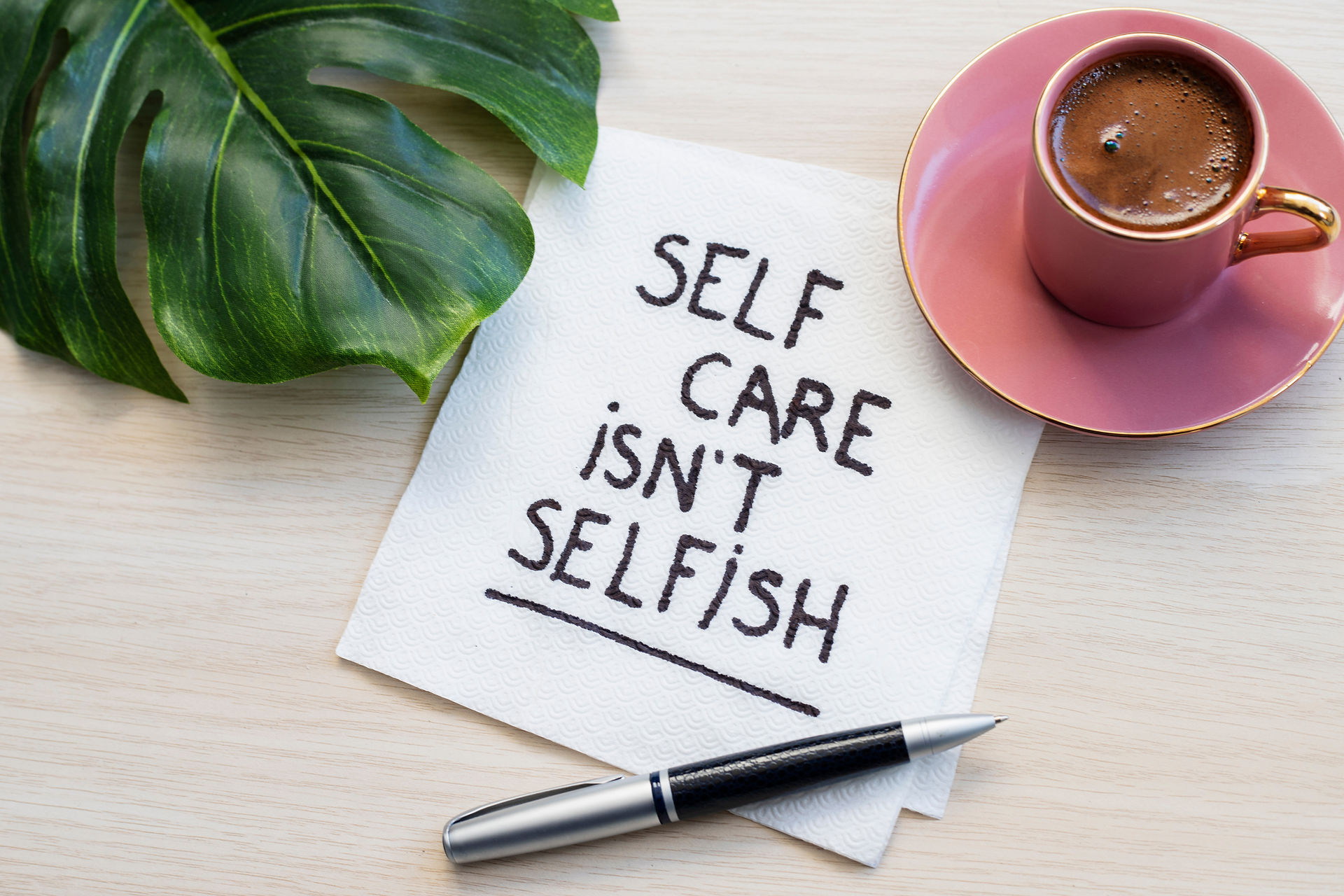
Who are ESRD (End Stage Renal Disease) Care Partners?
ESRD Care Partners - Are people who provide emotional and physical support to their loved one during their health journey with end stage kidney disease.
When becoming a care partner for your loved one with end stage renal disease - one of the first things you should do is equip yourself with the tools needed to care for your loved ones so that you can better manage your own l!fe!
What is Kidney Disease?
The kidney's filter waste and excess water from your blood as urine. Chronic kidney disease causes your kidneys to lose this function over time. End-stage kidney disease is the final stage of chronic kidney disease. It means your kidneys no longer function well enough to meet the needs of daily life.
End-stage kidney disease is also called end-stage renal disease (ESRD). The kidneys of people with ESRD function below 10 percent of their normal ability, which may mean they’re barely functioning or not functioning at all.
Kidney disease is usually progressive. The length of each stage varies and depends on how your kidney disease is treated, especially in relation to your diet and whether your doctor recommends dialysis. Chronic kidney disease typically doesn’t reach the end stage until 10 to 20 years after you’re diagnosed. ESRD is the fifth stage of the progression of chronic kidney disease, which is measured by your glomerular filtration rate (GFR)
What You Need to Know About End-Stage Kidney Disease (ESRD) (healthline.com)
What are the different types of dialysis?
There are three different types of dialysis.
Hemodialysis
Hemodialysis is the most common type of dialysis. This process uses an artificial kidney (hemodialyzer) to remove waste and extra fluid from the blood. The blood is removed from the body and filtered through the artificial kidney. The filtered blood is then returned to the body with the help of a dialysis machine.
Peritoneal dialysis
Peritoneal dialysis involves surgery to implant a peritoneal dialysis (PD) catheter into your abdomen. The catheter helps filter your blood through the peritoneum, a membrane in your abdomen. During treatment, a special fluid called dialysate flows into the peritoneum. The dialysate absorbs waste. Once the dialysate draws waste out of the bloodstream, it’s drained from your abdomen.
Continuous renal replacement therapy (CRRT)
This therapy is used primarily in the intensive care unit for people with acute kidney failure. It’s also known as hemofiltration. A machine passes the blood through tubing. A filter then removes waste products and water. The blood is returned to the body, along with replacement fluid. This procedure is performed 12 to 24 hours a day, generally every day.
Dialysis: Purpose, Types, Risks, and More (healthline.com)
Your Dialysis Care Team
Family and Care Partners play a significant role in the lives of their loved ones.
Good health care is always a team effort—especially for people with chronic kidney disease. This fact sheet tells you about the health professionals who care for dialysis patients. For information about the health care professionals who care for transplant recipients, see “Your Transplant Care Team.”
You and your family are important members of the dialysis care team. You should take an active role in your care. Learn all you can and take part in your treatment plan.
Since each member of the team at your dialysis center contributes to your care, it is important for you and your family to work together with them. The members of your dialysis care team are.
Your Dialysis Care Team | National Kidney Foundation. (kidney.org)
Tips for ESRD Care Partners
Become a successful care provider
We know how important your role may be in helping a loved one with end stage renal disease maintain his or her health and well-being.
Caring for a family member or close friend is one of the most important – and complicated – roles you’ll play.
It can happen suddenly, you find yourself helping with grocery shopping, doctors appointments, or suddenly your responsibilities have escalate and you may find yourself taking more time off work, preparing their finances.
Equip yourself with the information and tools needed to make this a successful journey.
Tips for Kidney Caregivers (esrdncc.org)
Medication Management
Medication Management Strategy: Intervention
Medication management is a strategy for engaging with patients and caregivers to create a complete and accurate medication list using the brown bag method. A complete and accurate medication list is the foundation for addressing medication reconciliation and medication management issues. These tools will also help to identify patient behaviors that may be putting patients at risk for an adverse drug event, such as overdosing, underdosing, or missing medications, or other important contextual factors limiting adherence.
Getting Started With Medication Management
Medication Management Implementation Quick Start Guide: The Quick Start Guide provides clinicians and practice staff with five simple steps for implementing the medication management strategy in the office setting. It is available in two sizes for printing—a full-page format or a half-page brochure:
-
Quick Start Guide Full Page [PDF File, 383 KB]
-
Quick Start Guide Brochure [PDF File, 373 KB]
Respite Relief
What Is Respite Care?
Respite care provides short-term relief for primary caregivers. It can be arranged for just an afternoon or for several days or weeks. Care can be provided at home, in a healthcare facility, or at an adult day center.
For More Information About Respite Care
The ARCH National Respite Locator Service can help you find services in your community. In addition, the Well Spouse Association offers support to the wives, husbands, and partners of chronically ill or disabled people and has a nationwide listing of local support groups.
National Respite Locator Service
www.archrespite.org/respitelocator
Well Spouse Association
800-838-0879
info@wellspouse.org
www.wellspouse.org
Eldercare Locator
800-677-1116
eldercarelocator@n4a.org
https://eldercare.acl.gov
Centers for Medicare & Medicaid Services
800-633-4227
877-486-2048 (TTY)
https://www.cms.gov
www.medicare.gov
What Our Clients Say

.jpg)
